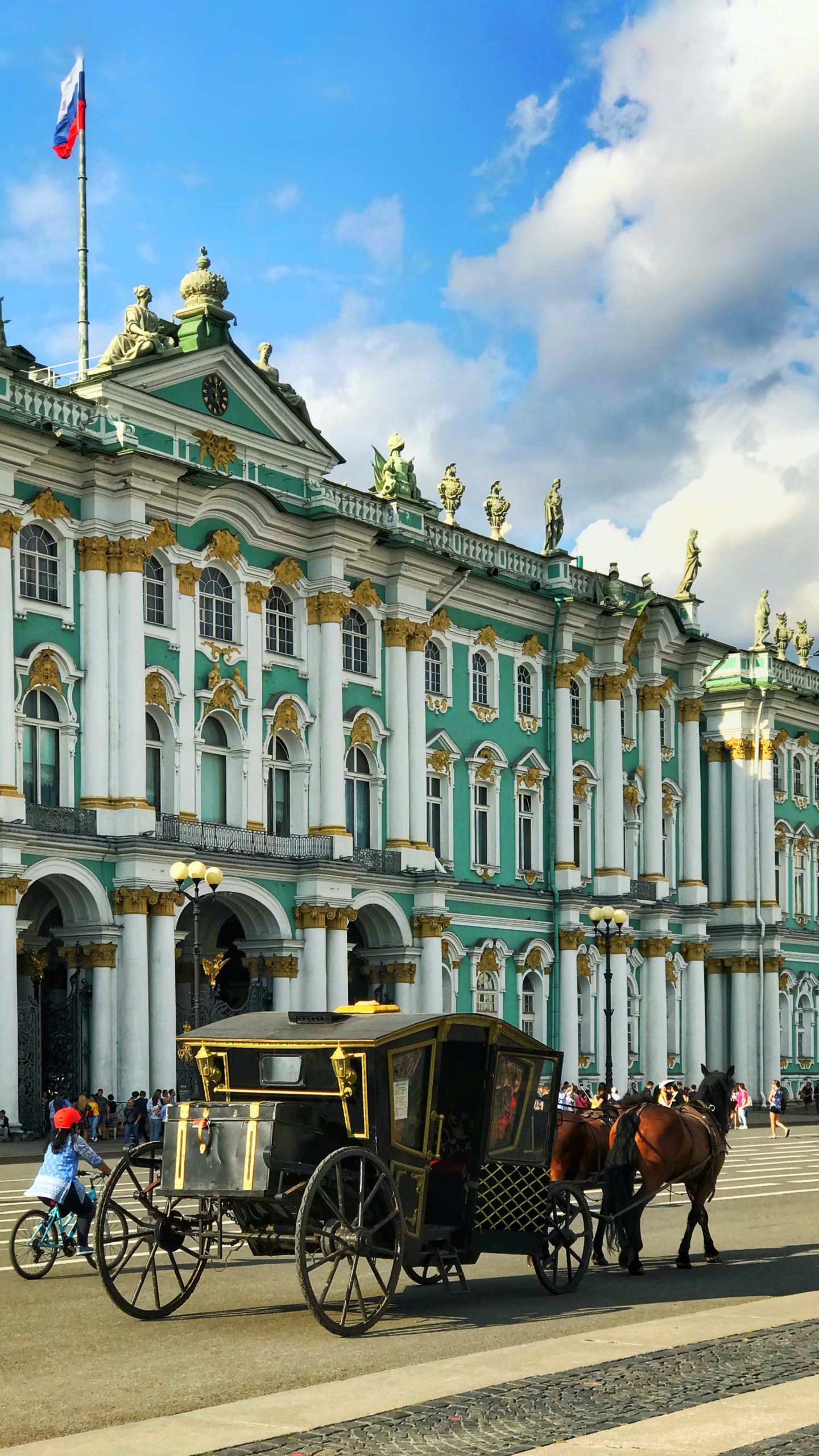

🔬 Research Summary by Grace Wright, Business Development Manager at a technology start-up and has worked in research roles focused on responsible and ethical development and use of AI and other emerging technologies.
[Original paper by Stephanie Petrella, Chris Miller, Benjamin Cooper]
Overview: In recent years, many states have developed AI strategies in order to guide the research, development, and deployment of AI and AI related technologies. This paper examines Russia’s AI strategy and its unique structure, in particular the role of state-owned enterprises in developing and leading the strategy.
Introduction
In 2017, Russian president Vladimir Putin boldly stated that the country that becomes the global leader in AI will rule the world. However, while countries like the United States and China are clearly championing AI development, Russia’s own AI leadership pales in comparison. To find answers as to why Russia is falling behind, this paper sought to explore factors affecting Russia’s AI development, the country’s plans to strengthen it, and which actors are playing critical roles in shaping its strategy.
The authors of this paper examined sources related to Russia’s AI strategy and factors affecting the country’s leadership in this space. The findings of this research suggest that Russia’s AI strategy has in many ways been stifled by the country’s poor climate for innovation and investment, as well as budget cuts due to COVID-19, and that Russia’s AI strategy is unique when compared to other major state actors. More specifically, unlike many other countries in which AI strategies are led by government bodies and/or private sector firms, Russia’s is driven largely by state-owned firms, and in particular, its major state-owned bank, Sberbank.
Key Insights
Challenges to Russian AI Development
Russia faces numerous challenges impacting its ability to develop a robust AI sector, including difficulties with attracting and retaining talent, government spending, and its investment & innovation climate.
In terms of research and innovation in academia, Russia has historically ranked relatively low in its AI research and publications. It also has far fewer university graduates in information, communication & technology, which means that its technology firms have access to far less talent than companies in other areas of the world. Moreover, of those who do graduate in these fields, many often seek out opportunities in other Western nations where wages are better and opportunities are far more extensive, resulting in a “brain drain” from Russia’s technology sector.
In addition to challenges with its talent pipeline, Russia also has very limited government spending on AI development and continues to dwindle. Even in its defense sector, which is often an area that receives significant investments in R&D, Russia’s investments in AI are miniscule when compared to other major geopolitical powers like the United States and China.
Finally, Russia’s poor political and economic climate makes it an undesirable destination for foreign investment. The country has far fewer technology startups, and due to the economic sanctions and political tension it has experienced over the years, it continues to be an unwelcoming environment for those wanting to seek out opportunities for cutting-edge technological development.
Russia’s AI Strategy
Over the past few years, the Russian government has introduced a variety of policies and initiatives to improve AI development. While state-owned Russian firms had been investing into AI development prior to 2018, that was the year the first significant AI proposal from the Russian government appeared with the introduction of a joint proposal from the Ministry of Defense, the Ministry of Education and Science, and the Russian Academy of Science. The purpose of it was to assess Russia’s current position in AI and join these organizations to rally in support of AI technologies, particularly within the military.
Later that year, Vladimir Putin issued his “May Decrees” that outlined the Kremlin’s national development goals, which included introducing digital technologies both in economic and social contexts. These decrees ultimately led to “National Projects” to achieve the targets set out, including AI development-related initiatives. Then, in 2019, major state-owned firms were asked to develop technological development roadmaps for emerging technologies including 5G, quantum computing, and AI. Sberbank headed up the roadmap focused on AI, including targets for investment.
In 2019, Russia also produced its Strategy for the Development of AI through 2030, but due to limitations on funding related to COVID-19 and sanctions, the funding available for these projects continues to be reduced. In addition to these efforts, the Kremlin has also explored introducing experimental technology regulations aimed at enhancing innovation and improving cooperation with private technology firms in the country through the AI-Russia Alliance, also led by Sberbank.
The Role of State-Owned Enterprise
The authors of this paper note that due to the poor investment climate in Russia, its government must continue to rely on existing Russian firms to guide its development. The authors examined four major state-owned enterprises in banking (Sberbank), defense (Rostec), technology (Yandex), and the energy sector (Gazprom). Of these four companies, the one that surprisingly has been most critical to Russia’s AI strategy development has been Sberbank through its support in developing the country’s AI Roadmap, National Strategy for the Development of AI, and its federal AI projects. Sberbank’s own investments into AI, big data, and startups in the Russia technology ecosystem, in addition to its close relationship with the Russian government, has uniquely positioned the company to lead in this regard.
While the other state-owned enterprises have played somewhat of a role in Russia’s AI strategy, they have been far less involved than Sberbank. Rostec’s level of investment into AI remains relatively low and Yandex’s relationship with the Kremlin has historically been far more strenuous, which has left a leadership gap for Sberbank to fill. Even Gazprom, one of Russia’s leading energy companies, has little incentive to invest into AI because, as the authors note, its preferential treatment from the Kremlin gives it a significant advantage in the market, negating pressure to invest in new technologies to compete on quality and innovation. As a result of these factors, these companies have taken a back seat in the country’s AI strategy, leaving Sberbank to lead the way.
Between the lines
The findings of this research present some interesting takeaways. First, understanding the unique relationship that Russian state-owned firms have in its AI development is important because it can ultimately influence the applications of this technology. This distinct governance structure is likely to influence the values and intentions that drive the development of the technology, and raises concerns about access the Kremlin has to data on users of this technology.
While this article provided high-level insight into who has shaped Russia’s strategy to date, given some of the concerns it raises, there are many additional questions that can be explored for further research. For example, in what ways are these firms developing and using AI, who is most impacted, how is the data from these technologies collected and shared, and with whom? Moreover, how might these technologies be shared with other countries and who stands to benefit?
